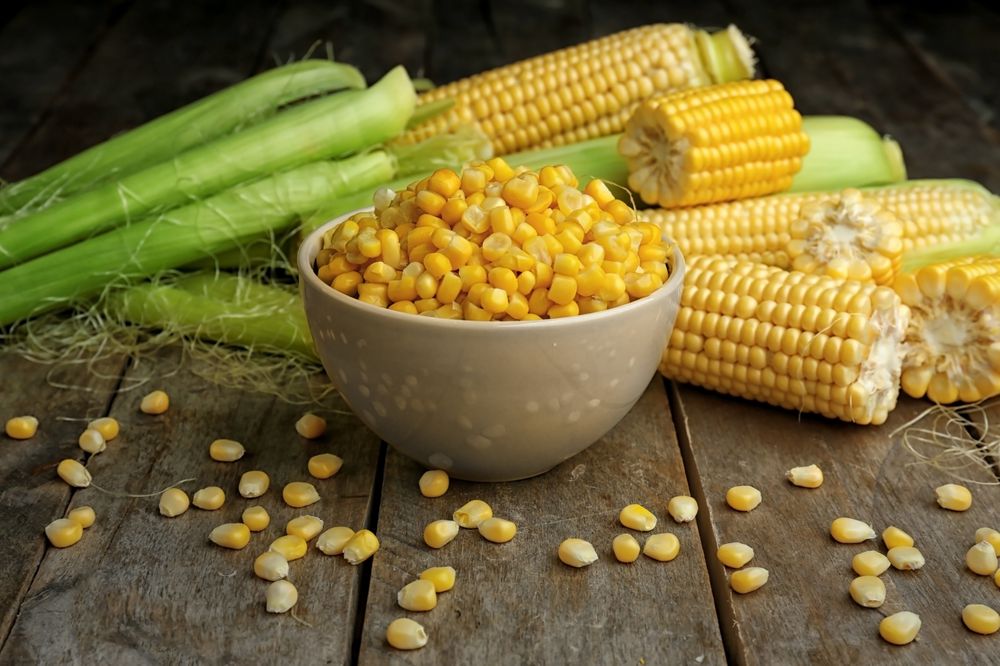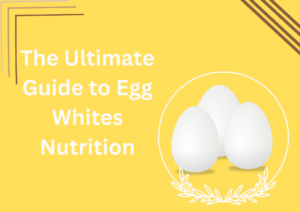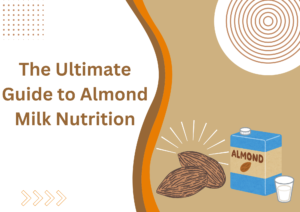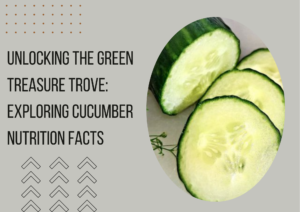Nutritional value of corn
The nutritional value of corn is important in the field of food and is a common staple in many cultures worldwide. Corn has been cultivated extensively for ages, having come from modest beginnings in ancient Mesoamerica. Beyond its common culinary application, though, comprehension of corn’s nutritional worth is necessary to recognize its significance in a balanced diet.
We examine the macronutrients, micronutrients, dietary fiber, phytochemicals, and health advantages that make the nutritional value of corn in food in this comprehensive review.
Macronutrients in Corn:
Corn is a food that is high in carbohydrates; its main source of complex carbohydrates is starch. Corn is a great option for providing the body with food since it contains carbs, which offer a consistent source of energy.
Furthermore, albeit in comparatively small numbers, corn includes proteins, which enhances its overall nutritional profile. Corn has a low-fat content but does include trace levels of good fats, such as linoleic acid.
Micronutrients in Corn:
When we examine corn’s nutritional composition in more detail, we find that it contains a wide range of micronutrients that are essential for preserving health and well-being. Vitamin A, vitamin C, and several B vitamins, including folate, are all abundant in corn.

These vitamins aid in the synthesis of red blood cells, immune system function, and vision. In addition, maize contains a variety of important minerals that are necessary for bone health, muscle function, and electrolyte balance, such as iron, magnesium, potassium, and phosphorus.
Dietary Fiber in corn:
A notable aspect of corn’s nutritional composition is its elevated level of dietary fiber. There are numerous health advantages associated with dietary fiber, which is mostly present in the bran and germ of maize kernels. Dietary fiber in grain is essential for maintaining overall health since it helps with blood sugar regulation, digestive health, and weight management.
Phytochemicals and Antioxidants in Corn:
The nutritional value of corn is enhanced by the presence of phytochemicals and antioxidants in addition to its macro- and micronutrient content. Two powerful antioxidants present in maize, lutein, and zeaxanthin, are well known for their roles in maintaining eye health and preventing age-related macular degeneration.
Moreover, corn has several phenolic compounds with antioxidant qualities that support the body’s defense against inflammation and oxidative stress.
Health Benefits of Corn Consumption:
Eating corn is a great way to add nutrition to any diet because it has so many health advantages. Beyond its nutritional value, corn aids with digestive health by supplying dietary fiber and encouraging the development of good gut flora.
In addition, corn’s low fat and cholesterol levels support heart health, and its wealth of vitamins and minerals fortifies the immune system and enhances general vigor.

Potential Concerns or Drawbacks:
Since corn has an excellent nutritional description, there are some possible issues and disadvantages with it. Some people can be allergic to maize or react negatively to specific ingredients, therefore they should use caution when consuming.
Furthermore, if not effectively controlled, the mycotoxin contamination of corn arising from fungi might be harmful to human health. Furthermore, those who have diabetes or are trying to control their blood sugar levels may be concerned about corn’s high sugar content.
Uses in Cooking and Preparation tips:
Because of its culinary versatility, corn can be a tasty and nutritious part of a well-rounded diet. The culinary options are endless, ranging from traditional corn on the cob to substantial corn stew and savory cornbread. When cooking corn, using healthy techniques like grilling, roasting, or steaming can retain more of its nutrients while making it taste better.
Conclusion:
In Conclusion, corn is a nutritional treasure trove full of important minerals, dietary fiber, phytochemicals, and antioxidants that go far beyond its use as a staple grain. We may maximize the health benefits of corn and include it in a balanced diet by realizing and appreciating its nutritious richness. Corn provides food and nourishment to generations past, present, and future, regardless of whether it is consumed fresh, canned, or frozen. It is a monument to the profound tie between food and nutrition.



